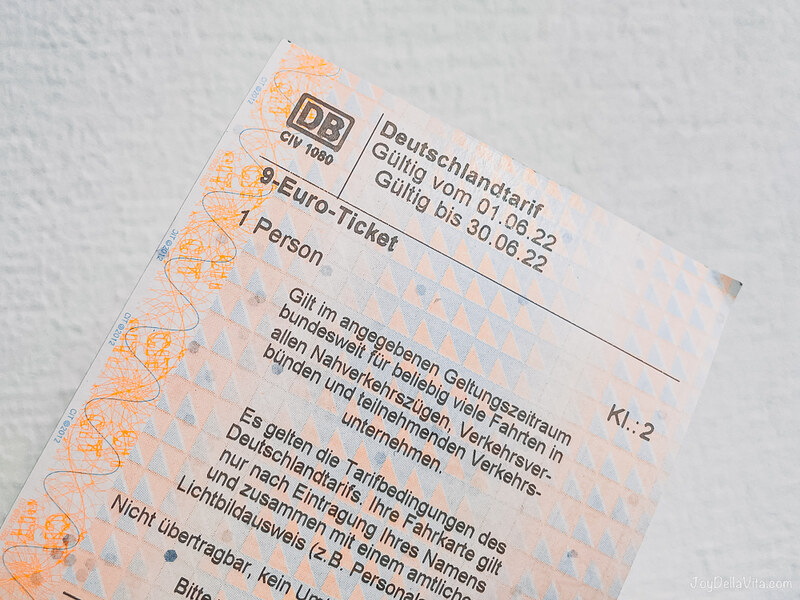This page contains automatically translated content.
Does the 9-euro ticket pick up everyone?
 Image: Lisa from Hyyperlic.
Image: Lisa from Hyyperlic."In particular, the question of whether the offer of the 9-euro ticket misses the needs of rural areas is, after all, often asked," explains Prof. Dr. Angela Francke, head of the Cycling and Local Mobility department at the University of Kassel. "We now have data that also points in this direction." The results show that, among other things, the evaluation of the public transport service is a significant factor in the planned purchase of the ticket. For example, it shows that when the traffic situation for public transportation is very poor, only 53 percent of respondents said they planned to buy the ticket.
The more public transport, the more 9-euro ticket
Overall, 85 percent of respondents said they had bought the ticket or were still very likely to buy it - but in cities with fewer than 5,000 inhabitants, the figure was only 75 percent. The larger the city, and therefore the greater the public transport service, the higher the demand for the ticket (89 percent in cities with over 100,000 inhabitants).
It is also revealing which routes are covered with the 9-euro ticket. These are primarily leisure trips. Those who had already purchased the ticket or were planning to do so wanted to use it primarily for day trips (80 percent), visits to relatives, friends or acquaintances (60 percent) and for vacations or short trips to tourist destinations (55 percent).
With regard to the potential impact of the offer on local mobility, it appears that 25 percent of respondents had used the option to take bicycles on public transport. Around 20 percent of respondents expressed concern that this would now be more difficult due to full buses, trains and streetcars. On the other hand, a large proportion of respondents looked forward to the simplicity of using the ticket across all fare zones and transport associations. Many hoped this would also create an incentive to replace car travel.
The online survey by the University of Kassel was conducted at the end of May, just before the launch of the 9-Euro-Ticket. Around 2,300 people have already taken part in this survey. There was a selection bias, which means that the group of participants was not a cross-section of the population - for example, users of public transport participated more frequently than average, the researchers explained. Nevertheless, the results are representative of people for whom the purchase of a 9-euro ticket is generally an option, due to the broad data base. The results have not yet been published.
The Department of Cycling and Local Mobility at the University of Kassel is planning further waves of surveys. "In particular, we would like to find out why the ticket was bought or not bought and for which routes it was used," says Prof. Angela Francke. Everyone can take part in the survey, regardless of whether they took part in the first survey or used the 9-euro ticket. The overall results of the study should be available at the end of October.
The link to the survey: uni-kassel.de/go/net
Contact:
Prof. Dr. Angela Francke
University of Kassel
Department of Cycling and Local Mobility
E-mail: radverkehr[at]uni-kassel[dot]de
M.Sc. Marie Klosterkamp
University of Kassel
Department of Cycling and Local Mobility
E-Mail: marie.klosterkamp[at]uni-kassel[dot]de